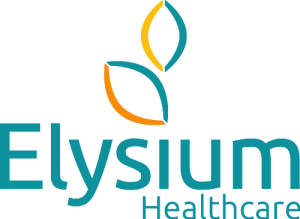What are health inequalities?
Health inequalities are the unfair and avoidable differences in people's health across the population and between specific population groups.
They do not occur randomly or by chance and they are socially determined by circumstances largely beyond an individual’s control.
The provider collaborative aims to ensure that we know our local populations; we reduce any unintended barriers for our population groups, making suitable adaptations where necessary and improve accessibility and awareness of adult eating disorder services.
We want to ensure our staff have access to relevant training and development to positively support the people we work with and to improve staff wellbeing.
We have reviewed our local health data and national research. We have met with partners across the West Midlands and had focused discussions on specific health inequalities such as:
- age
- deprivation
- autism
- ethnicity
- transgender
- men with eating disorders
- We need to improve our communications across our websites and literature/leaflets and forms. Communication methods and approaches need to be diverse in all areas across the West Midlands to reflect patients of different ages and cultures.
- People with autism face barriers when accessing eating disorder services. Our services need to work together to identify and treat eating disorders and Autism spectrum disorder (ASD). Our staff need training to boost understanding of Autism and professionals need to be aware of sensory needs and review if clinical environments meet the needs of our patients
- The cost of living crisis is adding to financial constraints of our service users and impacts on eating habits e.g. buying high volumes of food for weight restoration plans, not going out for meals, paying for prescriptions, travel costs, technology and deprivation. Supporting our service users through this is important; creating affordable and culturally appropriate options and keeping appointments local for patients.
- Eating Disorder services may not be inclusive, for example, our referral forms not using correct pronouns. We want to provide more training for staff to help with understanding potential barriers and reduce barriers to accessing services by preparing services for non-binary or trans patients before treating them
- Men face barriers when accessing services due to under-representation and lack of understanding of the eating disorder symptoms affecting men. We will support families of men with eating disorders due to the stigma; offering training for Primary Care aimed at males with eating disorders and boosting male involvement in working groups etc.
- There can be a lack of understanding from professionals about different cultures. Lack of diversity in communication material creates a barrier to accessing services and communities from different cultures can be not aware of eating disorders and how to access help. We will offer training to boost cultural understanding, create communications that are diverse and connect with key people within cultural communities to share information about eating disorder services




